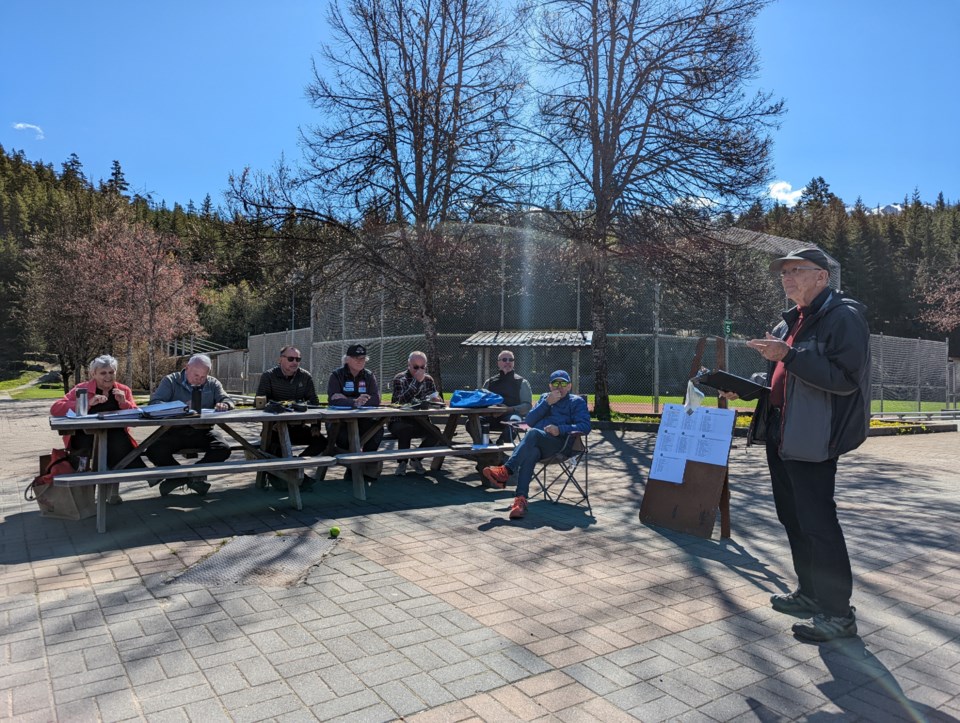During the warm summer months, the five major lakes within the Resort Municipality of Whistler (RMOW) are hotspots for tourists and locals alike.
However, as the usage of Whistler’s lakes has steadily risen, many Whistlerites have become increasingly worried about the long-term future of the lakes.
As the lakes have become increasingly popular, there has been a growing concern around noise, pollution and safety issues.
The Whistler Lakes Conservation Association (WLCA) was formed in 2020 to address some of these concerns. Originally founded as an organization for lakeside property owners, the group has slowly grown into a coalition of concerned residents and lake users from across the municipality.
On May 21, the WLCA held its first-ever in-person annual general meeting. The group elected a new board and heard a talk from Dr. Nicholas Collins, a retired professor from the University of Toronto. Collins taught ecology and evolutionary biology and has extensively researched lake management.
The WLCA works closely with the RMOW’s environmental stewardship department to study Whistler’s lakes and recommend ways to improve them. Most recently, this has taken the form of helping create a dock management strategy that will see derelict docks removed.
“We have the quarterly meeting with them in which we raise issues, and they raise issues with us, and we try to resolve them and express our concerns on some matters. It’s been a very good relationship with the municipality. We anticipate that that will carry on in the future,” said Tom English, WLCA board member and one of the group’s founders.
Lake management is a complex topic, as the jurisdiction of local lakes is split between the municipal, provincial and federal governments, who each manage a different aspect of the water. The RMOW recently adopted a new framework to deal with lake management at Whistler’s May 10 council meeting.
Recently, the WLCA has undertaken a lake monitoring program to improve its understanding of the lakes. As part of the program, volunteers go out to the deepest part of a lake with a Secchi disc and a dissolved oxygen meter to get the readings of the temperature and water quality in the lakes.
The oxygen meter can give an idea of the levels of nitrogen in the lake. Bodies of water can often become saturated with nitrogen from farming or industrial activities. Put in simpler terms, the meters help determine how much poop is in the water.
“Some of our members have expressed concern about the amount of fertilizer that’s leaching into the lake. Some from people’s gardens and some from golf courses, and that raises the nitrogen level,” said WCLA founding member Peggy English.
“That’s why we’ve encouraged the municipality to put a lot of porta potties around the lakes so that people aren’t using the bushes. As one of our members always says, ‘what’s happening on the land affects our lakes.’”
Added Tom: “We are trying to make sure the lakes are able to stay healthy and to deal with any issues that may interfere with that or bring it to the attention of people that can deal with it.”
People can do their part to help keep Whistler’s lakes clean by making sure they pick up after themselves when they are camping, using available facilities and keeping mindful of where their excess waste ends up.
Read more about the work of the WCLA at whistlerlakes.ca.




